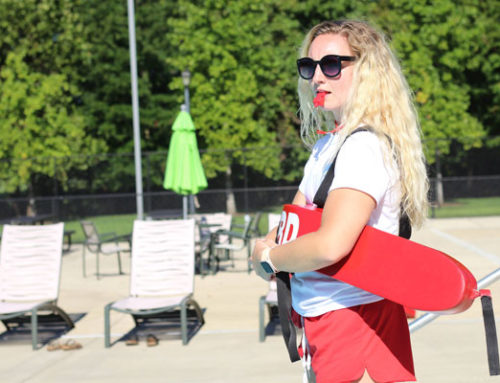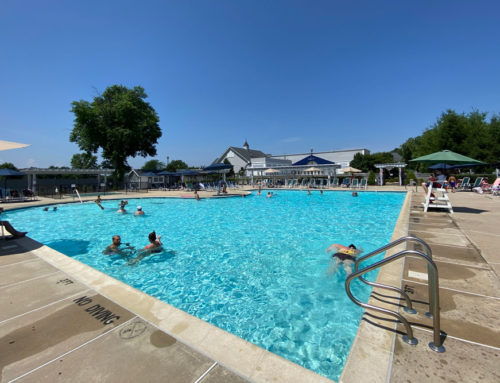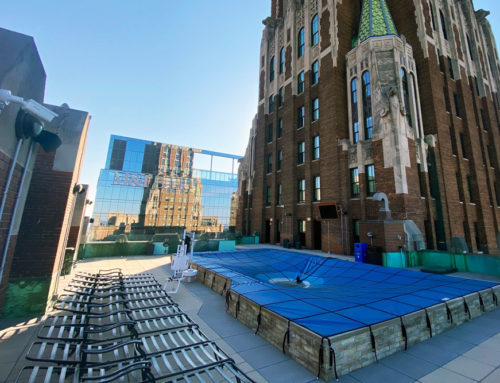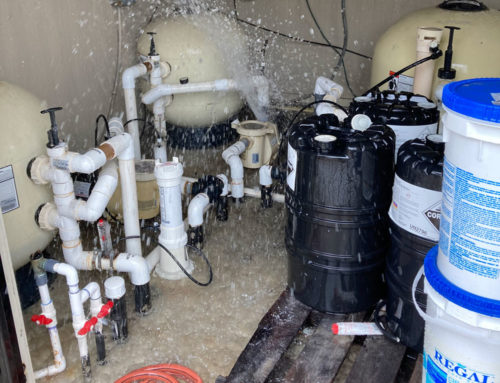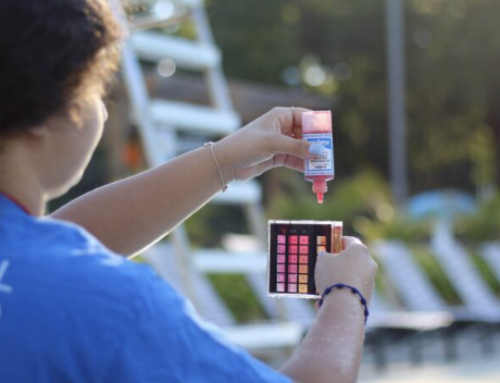Pool maintenance includes a delicate balance of water treatment that can be disrupted by wildlife, such as a family of ducks. If you’re asking yourself, “Why are ducks nesting in my pool?” it may be time to take a look at some preventative measures to ensure it doesn’t happen again.
Reassess your outdoor pool’s duck deterrence strategies before peak season. This way, the pool facility will be in top shape when the cover is removed and the doors reopen.
Do no harm
Before you brainstorm ideas on how to keep nesting ducks out of your pool, remember that you’re taking preventive precautions, not forming action plans. Once a bird has landed on your site, the Migratory Bird Treaty Act of 1918 prevents you from disturbing the nest of any native birds without a permit. Pool compliance isn’t just about maintenance, structural or managerial duties when it comes to wildlife preservation – you have to keep other federal and state regulations in mind, as well.
Make it a human oasis
Whether your outdoor pool is recreational, leisure or competitive, it’s designed to attract humans. The sight of the unbroken surface of reflective water is a great view. However, it’s precisely what nesting ducks are looking for as well – a serene environment in which to start a family.
During the quieter months, you should be using a pool cover to protect the site. This keeps the water out of ducks’ views. Keep the cover on until swimming season returns to dissuade ducks from landing in the pool.
Once the pool has been reopened, make the water look as if it’s being used, suggested the DFW Wildlife Coalition. You can create this illusion by using Mylar balloons filled with helium, fixing an anchor at the bottom of the string and floating these inside the pool. Alternatively, if you prefer to keep the balloons out of the water, you can place the balloons on the deck, at the edge of the water.
Though this setup may not show off your outdoor pool as well as you’d like, it’s important to take this precaution. It can take several weeks for the mother duck to hatch all the eggs. Then you’ve got to wait for the ducklings to grow big enough before the family decides to relocate. It’s much easier to float a few balloons than to have to deal with long-term wildlife guests.
You can contact a full-service pool company for information on the best strategies for duck deterrence. Experts can be brought in for consultation and will be knowledgeable in prevention strategies.


